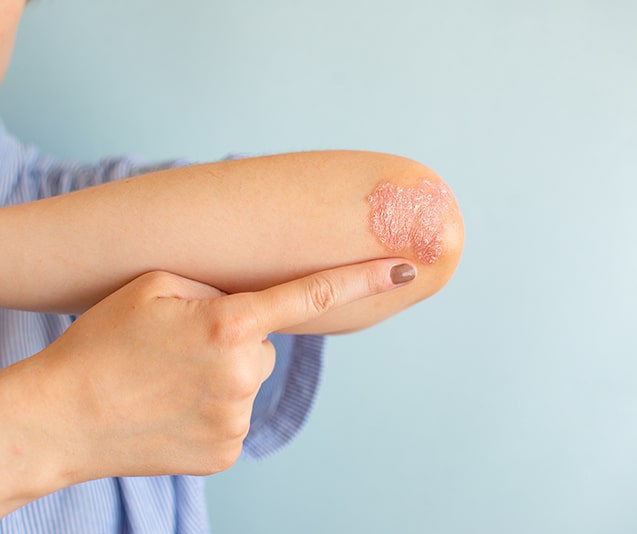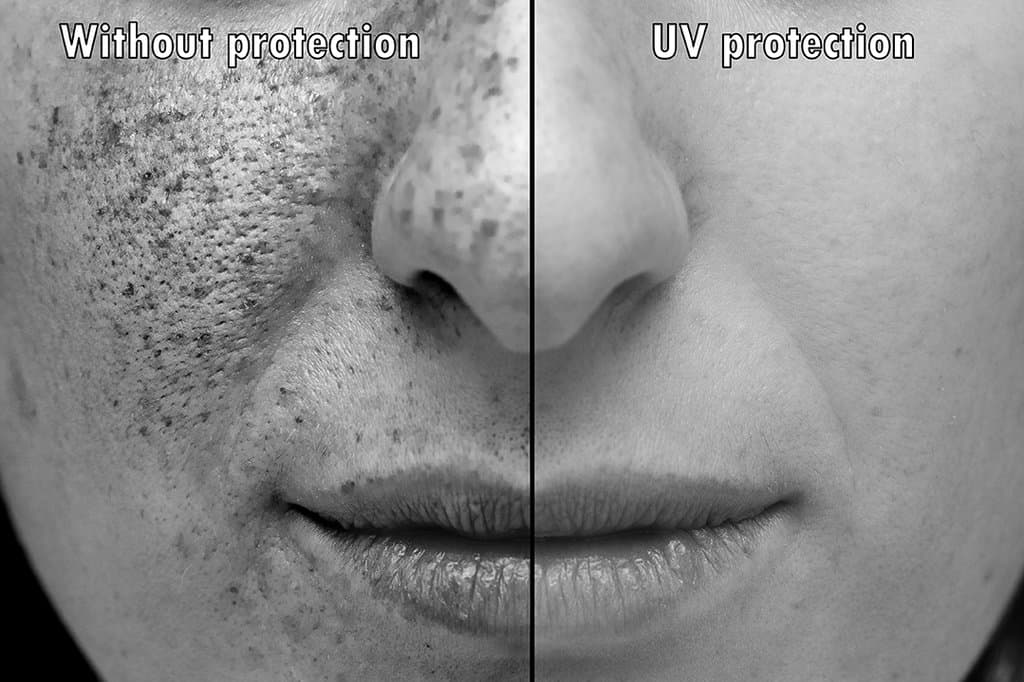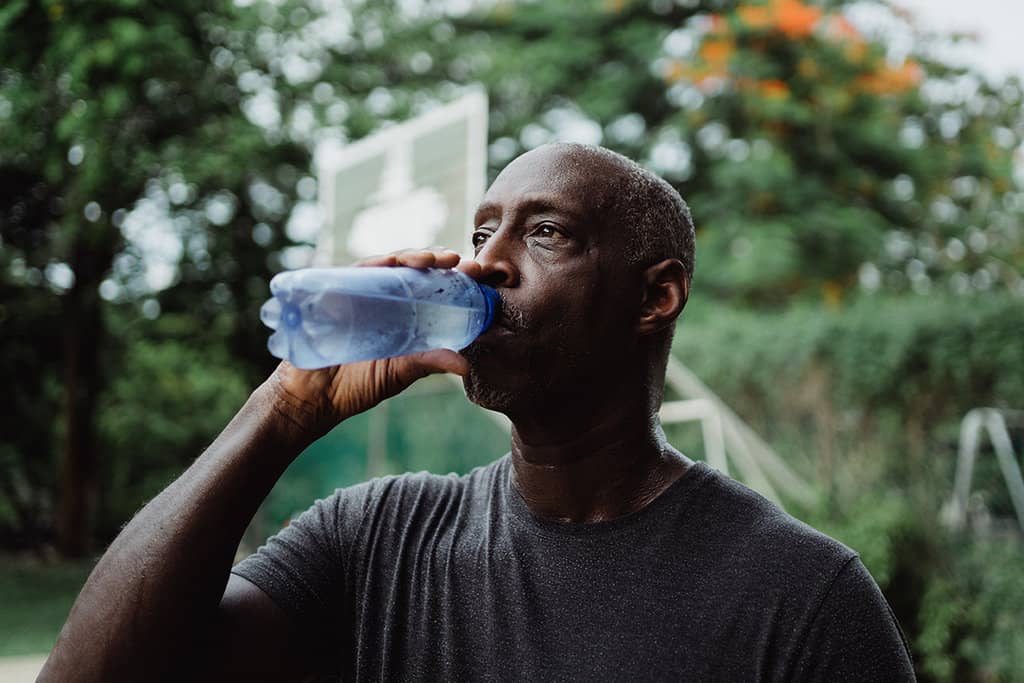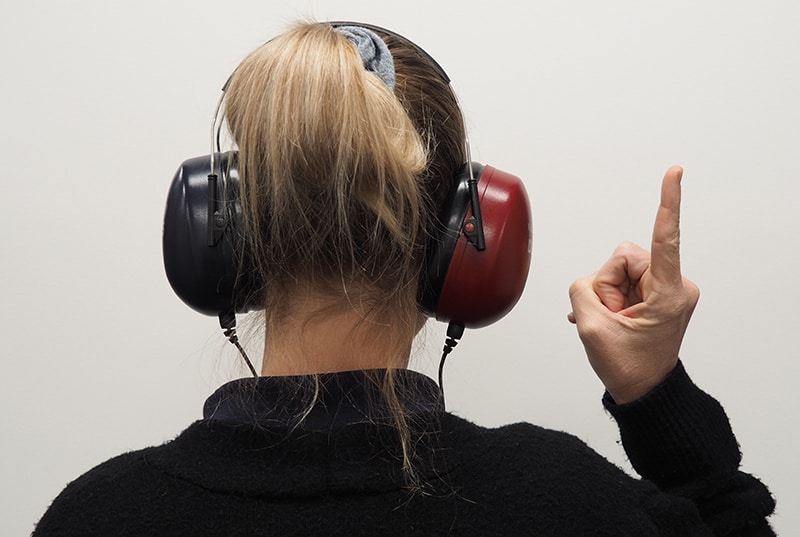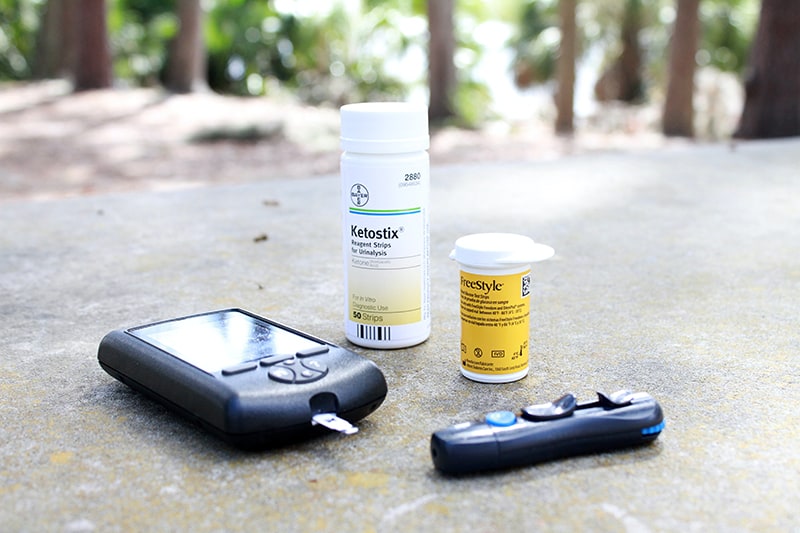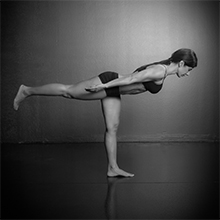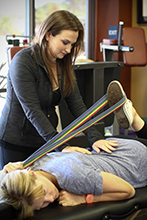Psoriasis is a chronic, painful skin disorder that impacts more than 100 million people around the world. Despite how common it is, many people still understand very little about it or how to help those in their lives who have the condition. Unfortunately, there are many misconceptions about psoriasis that can cause stigma and impact the social well-being of people living with this chronic condition. That’s why it’s so important to learn more about psoriasis, and there is arguably no better time to do so than during National Psoriasis Awareness Month this August.
Summer is a time for increased activity and adventure. For many people, summer is the perfect opportunity to try new things and live life to the fullest. The last thing you want to do during the summer months is indulge in calorie-rich, nutrient-deficient foods that don’t give you the energy you require to get out and enjoy the incredible weather.
Your skin is your body’s first and most important line of defense against all types of diseases, infections and pollutants. It’s also the body’s most exposed and vulnerable layer when it comes to ultraviolet rays from the sun. Ultraviolet rays (also commonly referred to as UV rays) are the primary cause of skin cancer and should be taken seriously.
National Childhood Obesity Week is July 4-10 this year (2022). Childhood obesity is a condition that impacts approximately one in five children and adolescents in the United States. In the UK, one out of every three children is obese. To confront this problem, it’s first necessary to understand more about it and what genetic or lifestyle factors are leading to the steadily rising rates of childhood obesity in developed nations.
National Hydration Day is June 23, 2022. If you’re wondering how to celebrate this unique occasion, consider taking steps to ensure your skin is healthy and hydrated this summer. During the summer, it’s easy for the body and skin to become dehydrated. When the skin becomes dehydrated, it’s more prone to wrinkles and may take on a dull appearance. To combat this common problem, here are five ways to hydrate your skin in honor of National Hydration Day.
June is Beautify Your Skin Month, and there’s no better time to honestly analyze how well you treat your skin. The human body is pretty amazing, and it continuously creates new skin cells while discarding the old. But as you age, your body becomes less effective at renewing its skin cells. You can help it by taking intentional steps to keep your skin as healthy and youthful as possible. Here are some simple tips for taking care of your skin this month and beyond.
Most adults know that annual hearing and vision screenings are important for children, but many underestimate how important they are for adults as well. As an adult, you probably get annual physical checkups, but you may hesitate to schedule annual hearing and vision screenings. Many people don’t think these screenings are important because they assume they will be able to tell if they have any problems with their hearing or vision.
You are probably familiar with what diabetes is and what causes it. But did you know that prediabetes is also a serious health condition that often goes undiagnosed in adults? Prediabetes is a condition that’s marked by higher-than-normal blood sugar levels. But since blood sugar levels in people with prediabetes are not yet high enough to be diagnosed as type 2 diabetes, an estimated 80% (or more) of people with the condition have no idea they have it.
Spring is a time of new life and renewed hope and energy. It’s also the perfect season for refreshing your mind and body. Springtime means more time outdoors after spending much of the winter season indoors. If your skin isn’t ready to spend more time in the limelight, you can change that by receiving luxurious skin treatments designed to improve the health and appearance of your body’s outer layer.
Everyone has different categories of muscles in their bodies, including mover and stabilizer muscles. As the name suggests, mover muscles are responsible for helping us move parts of our bodies or our whole bodies from one point to another. Stabilizer muscles, on the other hand, are responsible for holding the body upright and maintaining control while moving or holding still.

